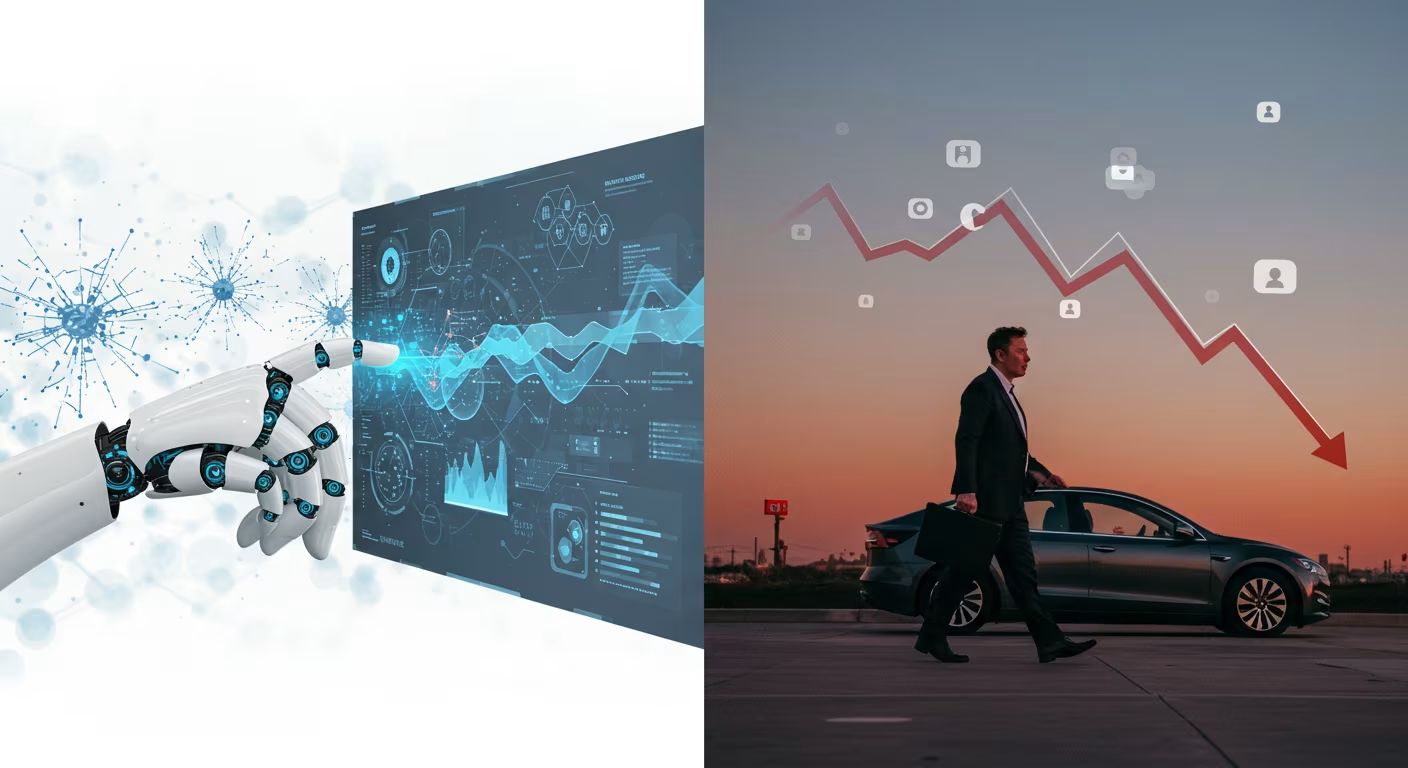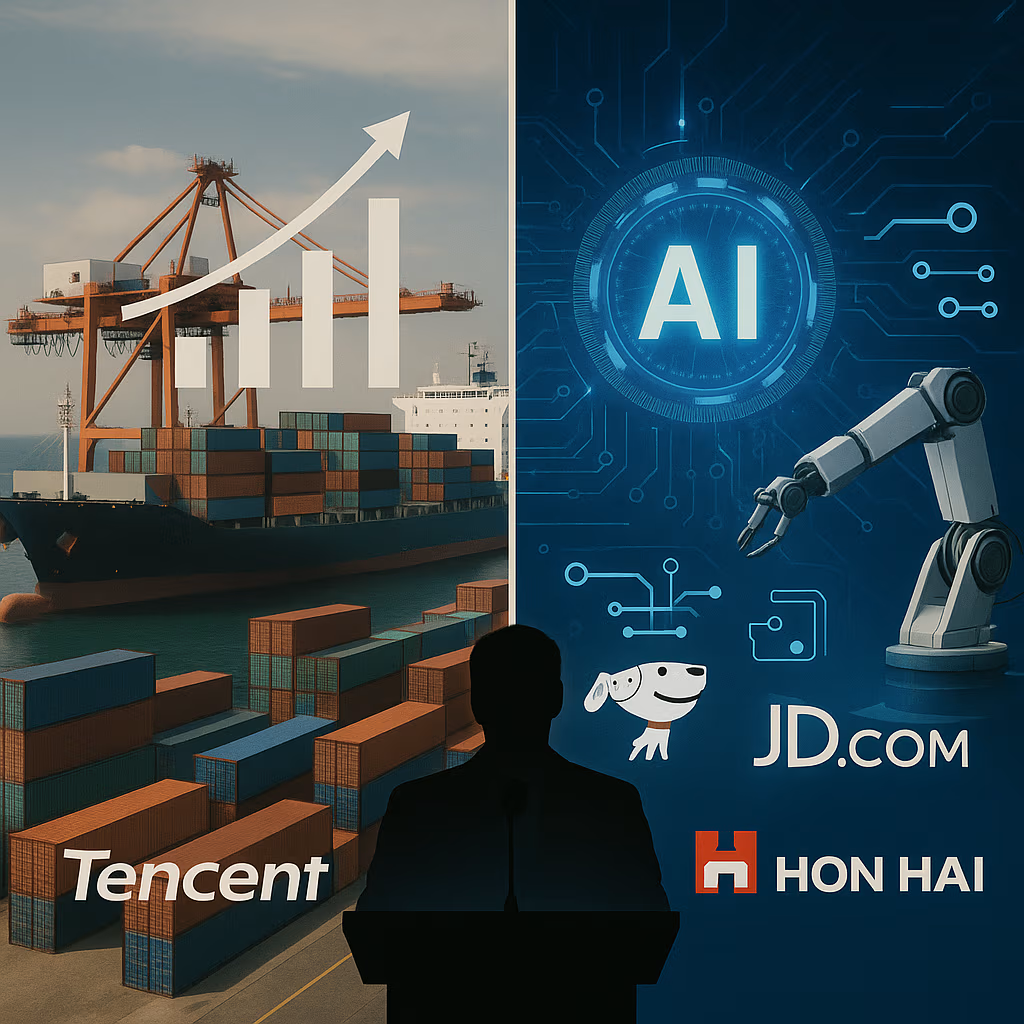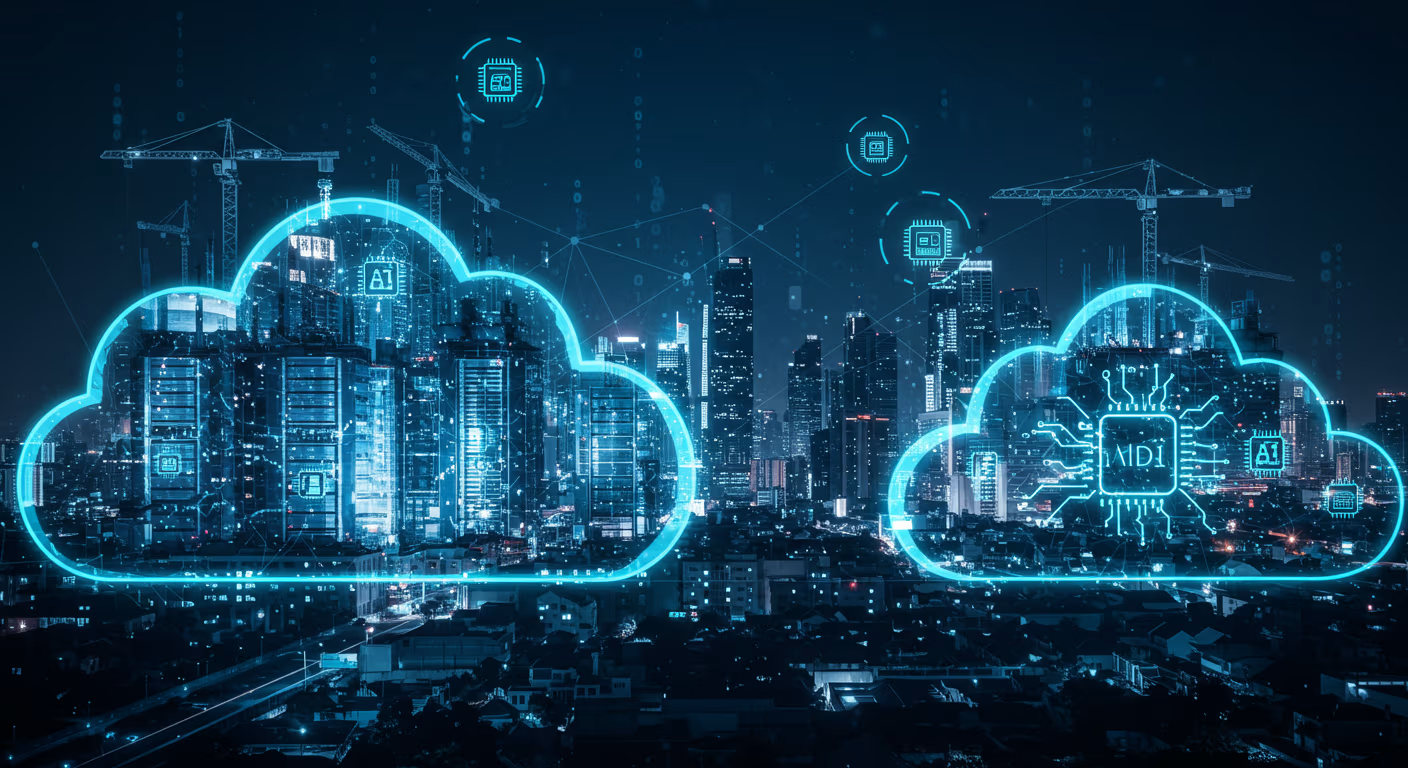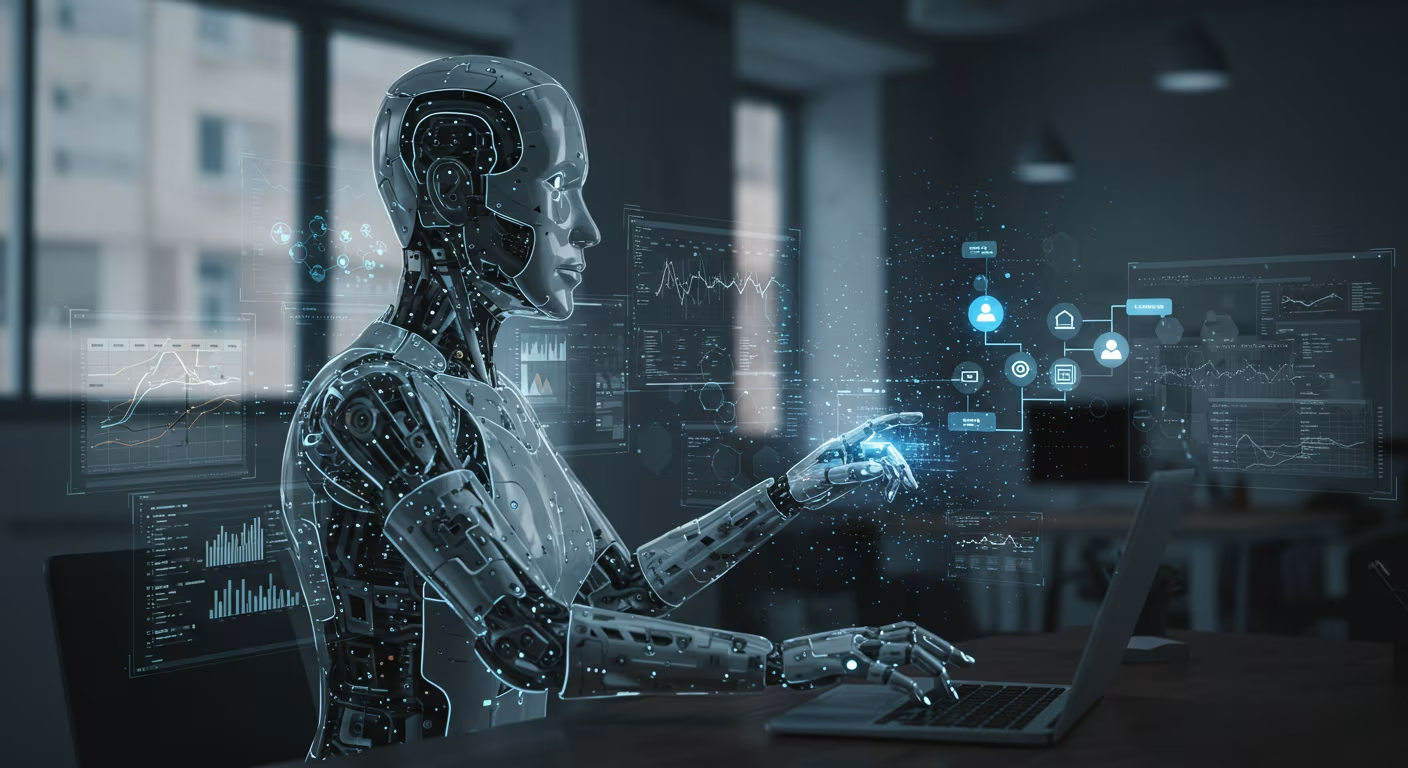In the rapidly shifting landscape of the tech industry, few days highlight the volatility of innovation like this one. While artificial intelligence (AI) continues to make giant strides and capture the imagination of both investors and the public, Elon Musk one of the most iconic figures in technology has faced a notably challenging day. The juxtaposition between soaring AI developments and Musk’s setbacks presents a fascinating look at the unpredictable nature of Silicon Valley’s power players.
AI’s Moment in the Sun
On Wall Street and across global markets, AI companies and startups are enjoying a remarkable surge in attention and capital. Stocks of leading AI firms surged today following the announcement of several key advancements, including a revolutionary new language model, strategic partnerships between AI research labs and enterprise software companies, and government interest in AI-led infrastructure planning.
OpenAI, Google DeepMind, and Anthropic all released promising updates to their models. OpenAI, for instance, demonstrated how GPT-5 could write coherent code, generate video from text, and even assist in real-time customer service. Google’s Gemini AI project revealed powerful medical diagnostics capabilities, potentially transforming global healthcare systems.
Investors responded enthusiastically. The Nasdaq saw AI-heavy stocks like Nvidia, AMD, and Palantir soar. Even lesser-known AI startups saw funding rounds close within hours, signaling that venture capitalists are doubling down on AI. For the tech world, today was another green light on the road to an AI-driven future.
But amid this euphoria, another tech titan was watching his empire wobble.
Elon Musk’s Difficult Day
While AI companies were celebrating, Elon Musk found himself grappling with a series of setbacks across multiple fronts legal, financial, and reputational.
First, Tesla’s stock took a sharp dive, losing nearly 7% in value after disappointing quarterly earnings were released. Slower-than-expected EV sales in key markets such as China and Europe were blamed, as well as rising competition from automakers like BYD and Rivian. Analysts also pointed to a lack of innovation in Tesla’s recent product announcements, which failed to excite markets.
Second, X (formerly Twitter) continues to bleed both users and advertisers. Despite Musk’s grand vision of transforming the platform into an “everything app,” the rollout of new features has been erratic and buggy. The platform’s declining user engagement and increasing moderation issues are raising red flags among tech observers and regulators alike.
Third, Musk’s AI venture, xAI, is being overshadowed by the more dominant players in the space. While xAI’s chatbot “Grok” has been integrated into X, it has failed to gain the same traction as OpenAI’s ChatGPT or Google’s Gemini. Critics argue that Musk’s involvement in too many ventures ranging from Neuralink to SpaceX to The Boring Company spreads his focus too thin to effectively compete in a fast-moving, specialized field like AI.
Finally, regulatory pressures are beginning to mount. The EU has launched an investigation into Tesla’s self-driving claims, and several U.S. states are considering stricter rules on autonomous vehicle testing. Meanwhile, Musk’s controversial social media posts continue to draw criticism and alienate parts of the public and political sphere.
A Tale of Two Futures
The contrasting fortunes of AI companies and Elon Musk today reveal an important narrative in the broader tech ecosystem.
AI, as a field, is becoming increasingly decentralized. Innovation is no longer limited to one individual or company. Research labs, universities, and startups are all contributing to a global wave of AI advancement. This diversity of talent and ideas is fueling rapid development and adoption across industries.
In contrast, Musk’s enterprises remain closely tied to his personal brand. When he succeeds, the companies soar. But when his decisions or public persona cause concern, the negative ripple effects are swift and wide-reaching.
It also speaks to the changing center of gravity in tech. While hardware and transportation dominated the last decade—with Tesla, SpaceX, and Apple at the forefront—the coming years may be shaped more by intelligence, software, and automation. The shift from “moving atoms” to “moving minds” could explain why AI firms are soaring while traditional tech giants are stumbling.
Public Sentiment and Perception
Social media, too, reflects this shift. While Musk still commands a legion of fans and followers, the tone has shifted. The memes and praise are now matched by criticism, satire, and fatigue. Conversely, AI discourse—once filled with fear of job loss or dystopian futures—now includes excitement about productivity, breakthroughs in education, and improvements in healthcare.
It’s not that Musk is irrelevant. Far from it. His work in space exploration, brain-machine interfaces, and tunnel transportation remains groundbreaking. But today shows that even a visionary can have a rough day—especially when the spotlight is shared with an entire field of emerging competitors and collaborators.
The Road Ahead
Looking forward, both Musk and the AI industry face major tests. AI will have to deal with ethical challenges, regulation, and the risk of over-promising. Musk must reassert leadership across his many companies while adapting to a tech world that no longer revolves around any one person.
Today’s events are not the end of Musk’s story just a sharp turn in a long, winding road. Likewise, AI’s triumph today may face hurdles tomorrow. But for now, as the stock tickers glow green for machine learning and red for electric vehicles, one thing is clear:
It was a good day for AI, and a rough one for Musk.





